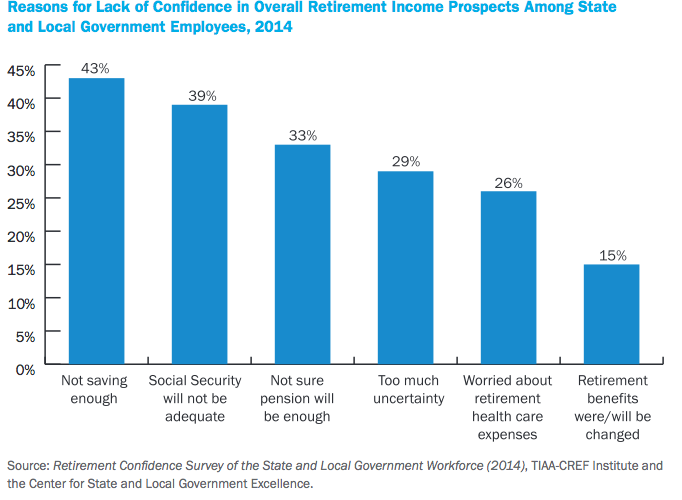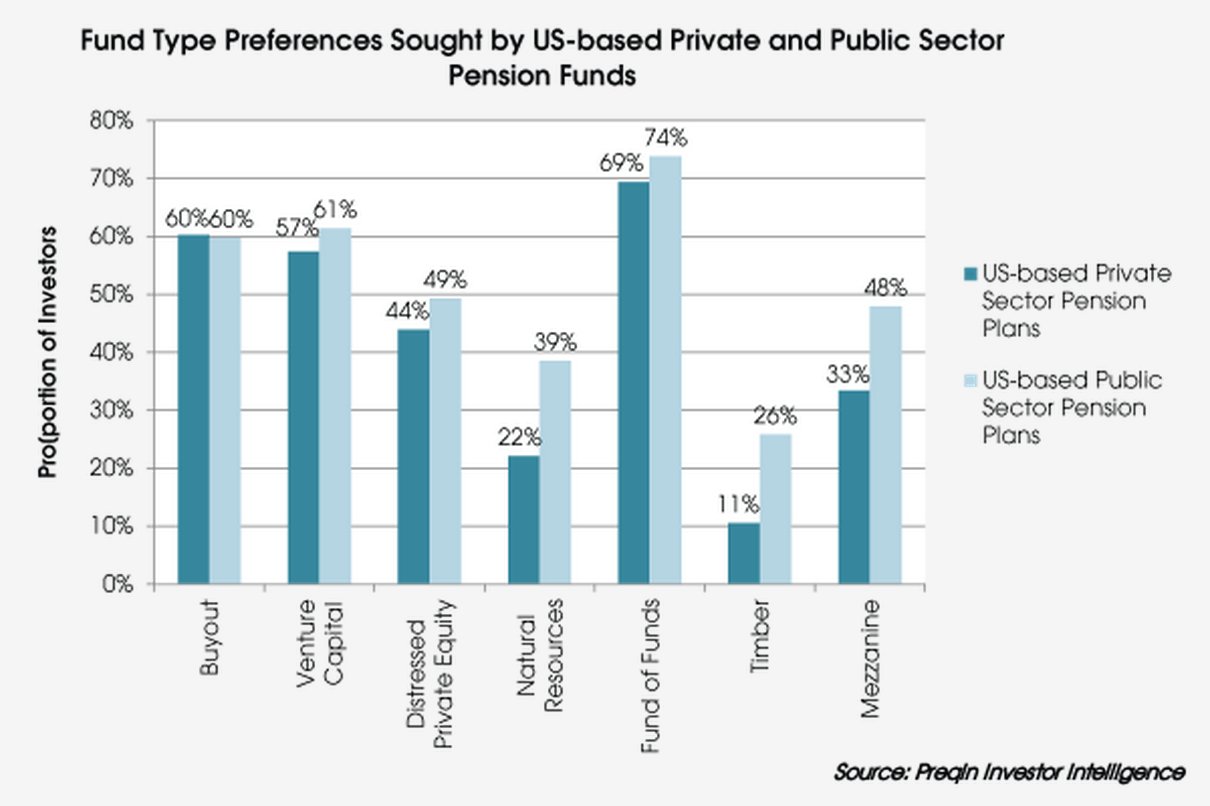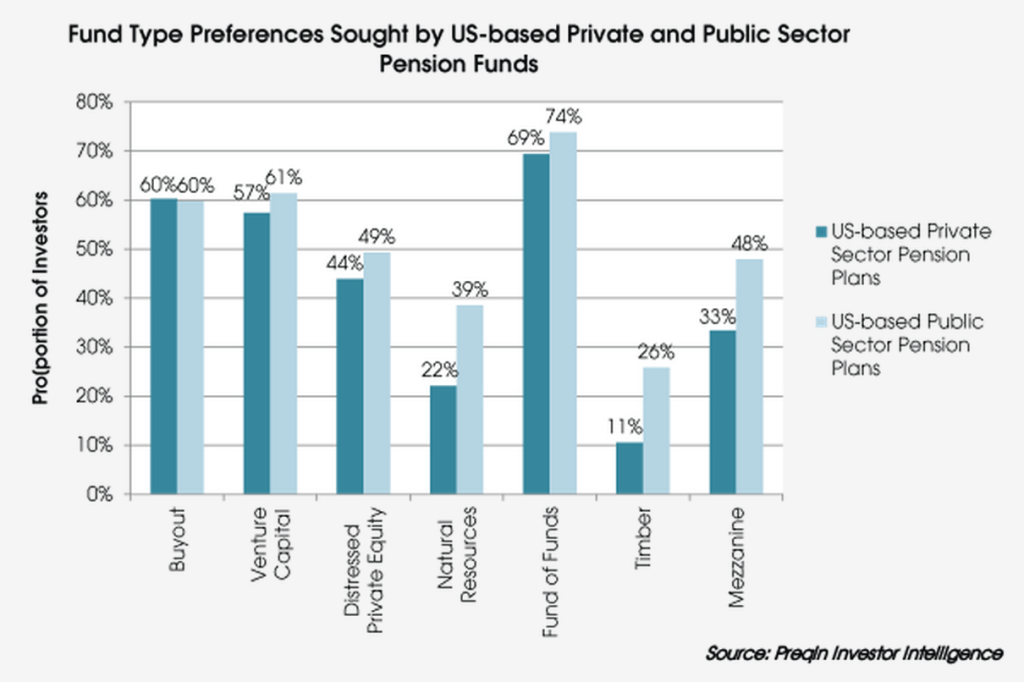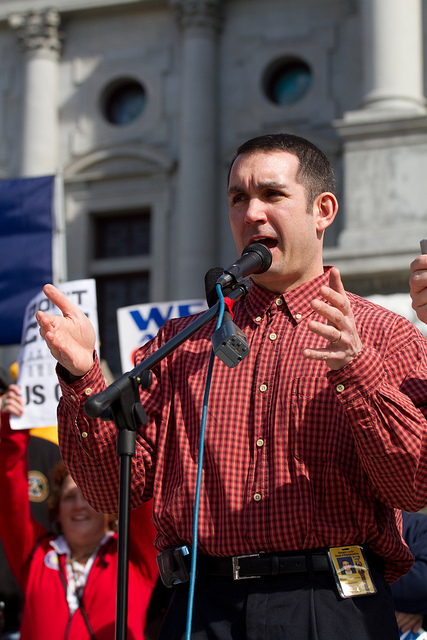Kansas Gov. Sam Brownback, looking for ways to improve state pension funding after he cut $60 million from Kansas’ annual contribution, is now proposing issuing $1.5 billion of bonds to help cover the pension shortfall.
From Chron.com:
Gov. Sam Brownback is proposing that Kansas issue $1.5 billion in bonds and lengthen its schedule for closing a long-term funding gap to lower annual costs tied to pensions for teachers and government workers.
The Republican governor outlined the measures Friday. Brownback described escalating annual public pension costs as a long-term concern.
The state has committed to additional spending to bolster the long-term financial health of the Kansas Public Employees Retirement System. Benefits are only 60 percent funded through 2033, but the commitments would help close the $9.8 billion shortfall by then.
Brownback proposed extending the payoff period to 2043.
The bond funding would go to the Kansas Public Employees Retirement System (PERS).
The success of the plan depends on pension investment returns exceeding annual bond payments.
The state’s Budget Director, Shawn Sullivan, says he’s confident that will happen.
Photo credit: “Seal of Kansas” by [[User:Sagredo|<b><font color =”#009933″>Sagredo</font></b>]]<sup>[[User talk:Sagredo|<font color =”#8FD35D”>⊙☿♀♁♂♃♄</font>]]</sup> – http://www.governor.ks.gov/Facts/kansasseal.htm. Licensed under Public Domain via Wikimedia Commons – http://commons.wikimedia.org/wiki/File:Seal_of_Kansas.svg#mediaviewer/File:Seal_of_Kansas.svg










